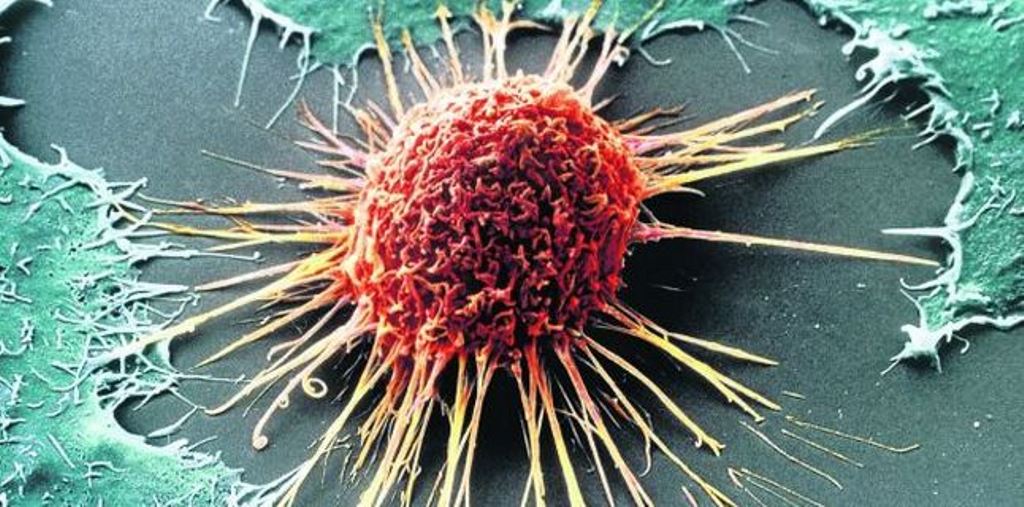According to a study by researchers at Harvard University, the varicella zoster virus increases the risk of stroke and cardiovascular problems.
Most people have been infected with the varicella zoster virus (VSV) in their lifetime. Initially, the first infection with this highly contagious virus occurs in childhood in the form of chicken pox. Subsequently, VSV remains latent in the human body, hidden within cells. Under still completely unknown circumstances, VSV can multiply again and cause a disease called shingles, reports Futura Sante.
An estimated one-third of people infected with VSV will “zone” during their lifetime, with the risk increasing with age. Or, researchers at Harvard Medical University calculated that people who have suffered from shingles are 30 percent more likely to develop long-term cardiovascular problems than other people.
Shingles and cardiovascular problems
These data were obtained following an extensive analysis which included almost 200,000 people, monitored for several years through a questionnaire on their health status: diseases, appearance of the “zone” and cardiovascular problems.
In this cohort, 3,603 strokes and 8,620 cardiovascular events were reported, with a higher frequency in people who had shingles.
According to scientific calculations, the 30% increased risk of stroke and cardiovascular problems associated with shingles persists for up to 12 years after the onset of the disease.
Biologically, it may be that VSV, one of the few viruses capable of replicating in the cells that make up arteries, causes localized inflammation in the arteries, forcing blood vessels. That could ultimately affect the entire cardiovascular system and promote the occurrence of strokes and other cardiovascular accidents.
This study was published in the Journal of the American Heart Association.
The study authors recommend that the vaccine be given between the ages of 65 and 75 to prevent the effects of shingles, associated with neuralgic pain and eye problems.


